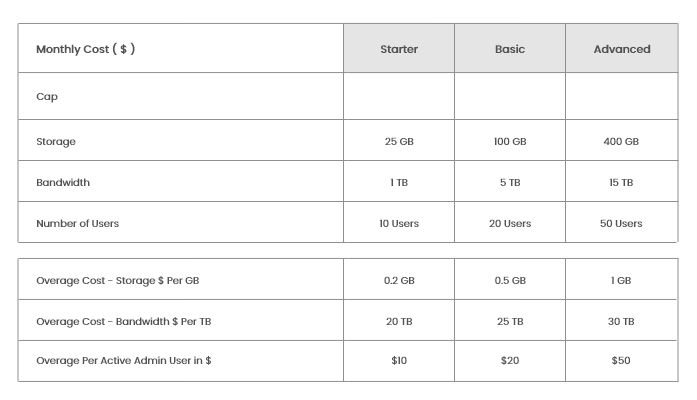



Humans vs. Robots in Content Optimization
Google's initiative to prioritize the human touch in search results...
One of the most well-known pairings of all time is man versus machine. Humans vs. robots are both vying for supremacy at the top of the food chain. We all have our frustrations with technology, whether it's a time-traveling killer robot, a sentient AI (Artificial Intelligence) inside a simulation, or just the password reCAPTCHA. When it comes to content, we can get so caught up in optimizing for site-crawling bots that we forget about the humans who are actually interacting with the content.
That's why Google's "Helpful Content" update caught so many people off guard. The Helpful Content update is a change to Google's Search Engine Optimization (SEO) algorithm in which content that is not deemed "human-first" will be penalized.
The Impact on Content
The Helpful Content update has one of the quickest turnaround times from public announcement to implementation. Content creators all over the web may be surprised to see their online performance shift, leaving them scrambling to quickly reoptimize their content. The Helpful Content update is also sitewide, which means that every webpage on a site is affected, potentially leaving hundreds of pages to be reworked to fit these new guidelines.
The update works by broadcasting a new sitewide ranking signal, which is simply another factor considered by its SEO algorithm when determining a site's ranking. This signal will detect any content that it deems to be "unhelpful" or "low value." The signal only affects English websites, and even though it is sitewide, some pages may still rank high even if the website itself does not.
Google does not specify which industries, topics, or niche content will bear the brunt of this update, but it is expected to be a weighted model that will hit some websites harder than others. While this is unfortunate and leaves content creators in the dark, Google does provide a list of questions to answer in order to determine the usefulness of your content.
Content designed solely for better SEO performance, such as articles with the same word count every time or content on trending topics that offer no real expertise, will be penalized more severely than content with a more loose structure.
The Human Touch
This update is intended to sponsor better, more original content that real people can use and find useful. Google's initiative to prioritize the human touch in search results is its way of ensuring that it can continue to provide the best experience for its own users.
Google, as it did with unhelpful content, offers tips on how to create more original content that can still rank high. Prioritizing thought leadership content over worrying about how the content is structured is a good rule of thumb. Google values expertise and insight above all else, so focus on topics and trends where you can really add value. Concentrate on your knowledge and the value you can provide before deciding on a keyword.
Robots are Our Friends
What is critical to remember here is that we must still adhere to SEO best practices. Some may find this perplexing as if we are receiving conflicting signals about how to optimize our content. Finding a good balance between automation and the human element is the best way to move forward. Not everything should be automated. AI for copywriting, such as Contilt or Jasper. AI is a useful tool, but it should not be used to do all of the heavy liftings. Content requires a human element to be beneficial and not appear to be written by a robot attempting to trick us into converting off some false promise.
Robots are still extremely useful in informing us when our content isn't up to par. Keyword research, SEO audits, and trend tracking can help us understand what our audiences want from their content and how we can better serve them. Using technology as a tool can benefit both our sites and our audiences; we just need to be kinder to robots and not rely on them to create all of our content. As a result, it may not have to be humans versus robots, but rather humans and robots.
Hocalwire produces reports that help with planning for advertising and sales initiatives. To improve SEO rankings and direct organic traffic, Hocalwire CMS features SEO Keywords, Meta Data, ALT Text, and Sitemap structures built in. Hocalwire CMS includes fantastic automation features that help traffic from various sources focus on your website. You may drastically increase your traffic with the aid of Google Analytics and potential choices with Hocalwire. To learn more about Hocalwire CMS's limitless potential, schedule a demo.

